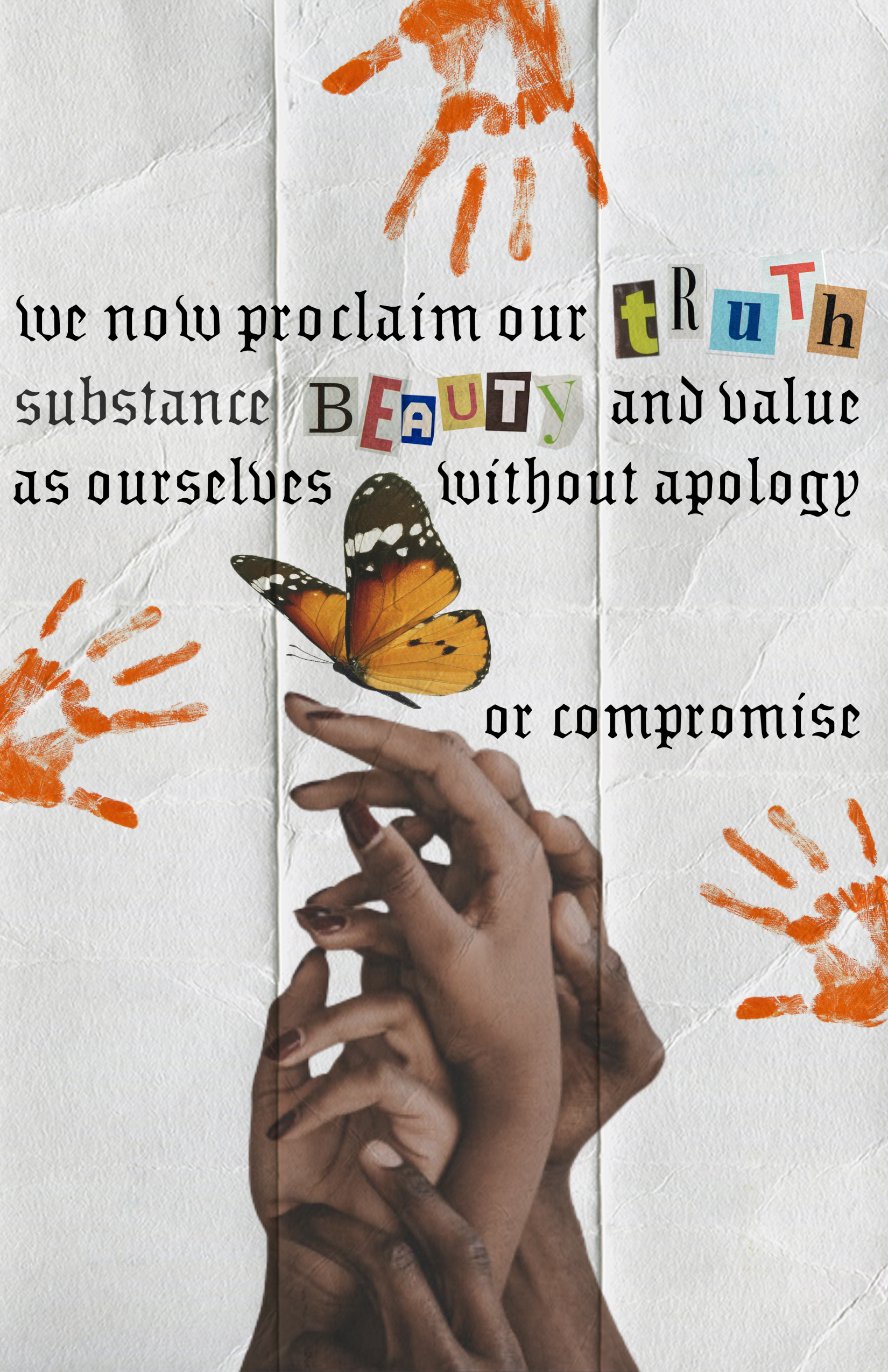Transracial Adoption as Continued Oppression: Modern Practice in Context
Main Article Content
Abstract
Transracial adoption has existed as a mode of forced displacement and oppression throughout the history of the United States. Starting with Italian children, who were once racialized as non-white, non-white children in the United States have undergone systemic oppression resulting in forced separation from their biological parents. The displaced children have typically been placed with white parents who have not been adequately prepared to provide the culturally competent, trauma-informed care that the children need. As a result, transracially adopted children have historically struggled to form a sense of identity and have faced a wide range of physical and mental health vulnerabilities. Part I of this paper will present an overview of how transracial adoption has been implemented throughout U.S. history, discussing both past models (such as the Orphan Train) and contemporary models (such as the foster care system, domestic private adoptions, and the global adoption industry). Part II will draw connections between past and present implementations of transracial adoption, illustrating that the phenomenon is best understood as a continuation of previous forms of oppression. Part III will propose a number of recommendations for social workers to facilitate better outcomes for transracial adoptees.
Article Details

This work is licensed under a Creative Commons Attribution 4.0 International License.

